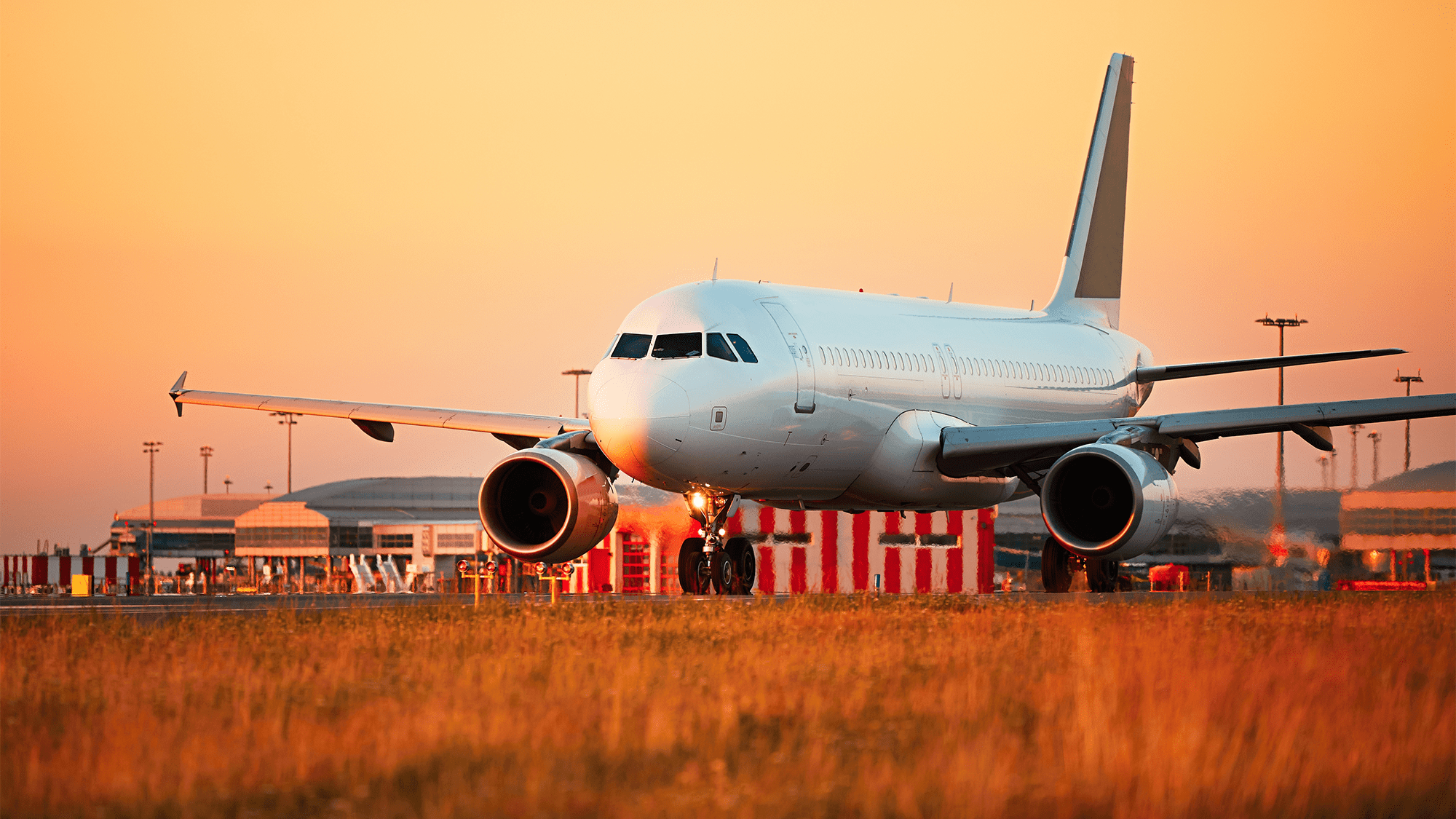

On Thursday, the Centers for Disease Control and Prevention (CDC) reported the results of a small trial that investigated the wastewater from lavatory bathrooms on international flights for SARS-CoV-2 (the virus that causes COVID-19 infections). For most of the samples, which all came from France, the United Kingdom, and the Netherlands, COVID-19 was onboard—at least in the bathroom.
[Related: COVID-19 testing scientists are the unsung heroes of the pandemic.]
For the study, conducted by the agency along with biotech company Ginko Bioworks, the authors tested wastewater samples from 80 flights that landed in John F. Kennedy International Airport in New York City between August 1 to September 9, 2022. The team found that 65 sewage samples (81 percent) were positive. They also were able to get 27 genome sequences of WHAT from 25 of the samples and found evidence of BA.5, BA.4.6, and BA.2.75–all sublineages of the Omicron subvariant.
The testing added roughly three extra minutes to aircraft maintenance, did not require swabbing passengers, can be scaled up as needed, and is also relatively inexpensive.
“This investigation demonstrated the feasibility of aircraft wastewater surveillance as a low-resource approach compared with individual testing to monitor SARS-CoV-2 variants without direct traveler involvement or disruption to airport operations,” the authors wrote in their conclusion.
The study provides an example of how aircraft and airport wastewater surveillance can help monitor the spread of pathogens around the globe. In the case of SARS-CoV-2, Viral shedding of SARS-CoV-2 can begin in feces early in an infection, potentially before a person shows symptoms like coughing or fever.
To track the spread of COVID-19, and give communities early warnings of spikes in the virus, the CDC launched the National Wastewater Surveillance System (NWSS) in September 2020. It works for other pathogens as well and does not rely on people getting tested themselves to detect the presence of the virus. Wastewater surveillance detected the spread of polio in New York in August 2022.
In January, some public health officials, concerned over a COVID-19 surge in China and expressed interest in surveilling wastewater on flights from China for new variants. Citing the success of the pilot study at JFK, the CDC and Ginko Biotech gave indications that they were open to expanding the program.
[Related: How do we track COVID as people get tested less?]
“Just like we have radar to look for airplanes to make sure we know what’s coming into our country, or we take swabs and samples to make sure somebody walking through security doesn’t have explosives on their hands, this is the same thing for pathogens or viruses or bacteria,” Ginkgo Bioworks general manager, Matthew McKnight, told Politico.
Additionally, the CDC’s The Traveler Genomic Surveillance program (TGS) runs in partnership with Ginkgo Bioworks and XpresCheck, a COVID-19 testing company, to directly test some travelers in an effort to detect new variants and fill gaps in global surveillance.
Some of the limitations of testing wastewater on aircrafts come down to flight length—testing waste is most beneficial on longer flights where passengers are more likely to use the restroom. It also remains unclear how many airlines will be willing to participate, and connecting flights will hinder tracking the origins of variants as they arrive in the United States.
Despite the limitations, the authors found that this could be a useful public health tool for tracking pathogens. “In combination with traveler-based surveillance, aircraft wastewater monitoring can provide a complementary early warning system for the detection of SARS-CoV-2 variants and other pathogens of public health concern,” the authors wrote.
